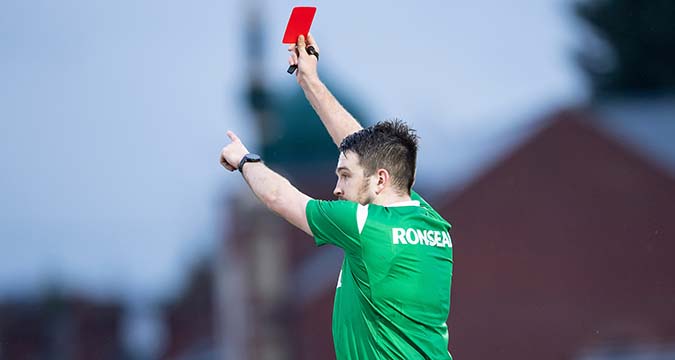 THE Rugby League Council and RFL are set to consider disciplinary changes at tomorrow's Council meeting, following a review into procedures for dealing with On-Field Misconduct carried out in consultation with clubs.
The review was recommended by the RFL executive in July, five years after a previous club-led review, and partly in response to t
THE Rugby League Council and RFL are set to consider disciplinary changes at tomorrow's Council meeting, following a review into procedures for dealing with On-Field Misconduct carried out in consultation with clubs.
The review was recommended by the RFL executive in July, five years after a previous club-led review, and partly in response to t Rugby League Council and RFL Board consider important disciplinary changes ahead of Super League 2023
 THE Rugby League Council and RFL are set to consider disciplinary changes at tomorrow's Council meeting, following a review into procedures for dealing with On-Field Misconduct carried out in consultation with clubs.
The review was recommended by the RFL executive in July, five years after a previous club-led review, and partly in response to t
THE Rugby League Council and RFL are set to consider disciplinary changes at tomorrow's Council meeting, following a review into procedures for dealing with On-Field Misconduct carried out in consultation with clubs.
The review was recommended by the RFL executive in July, five years after a previous club-led review, and partly in response to t 